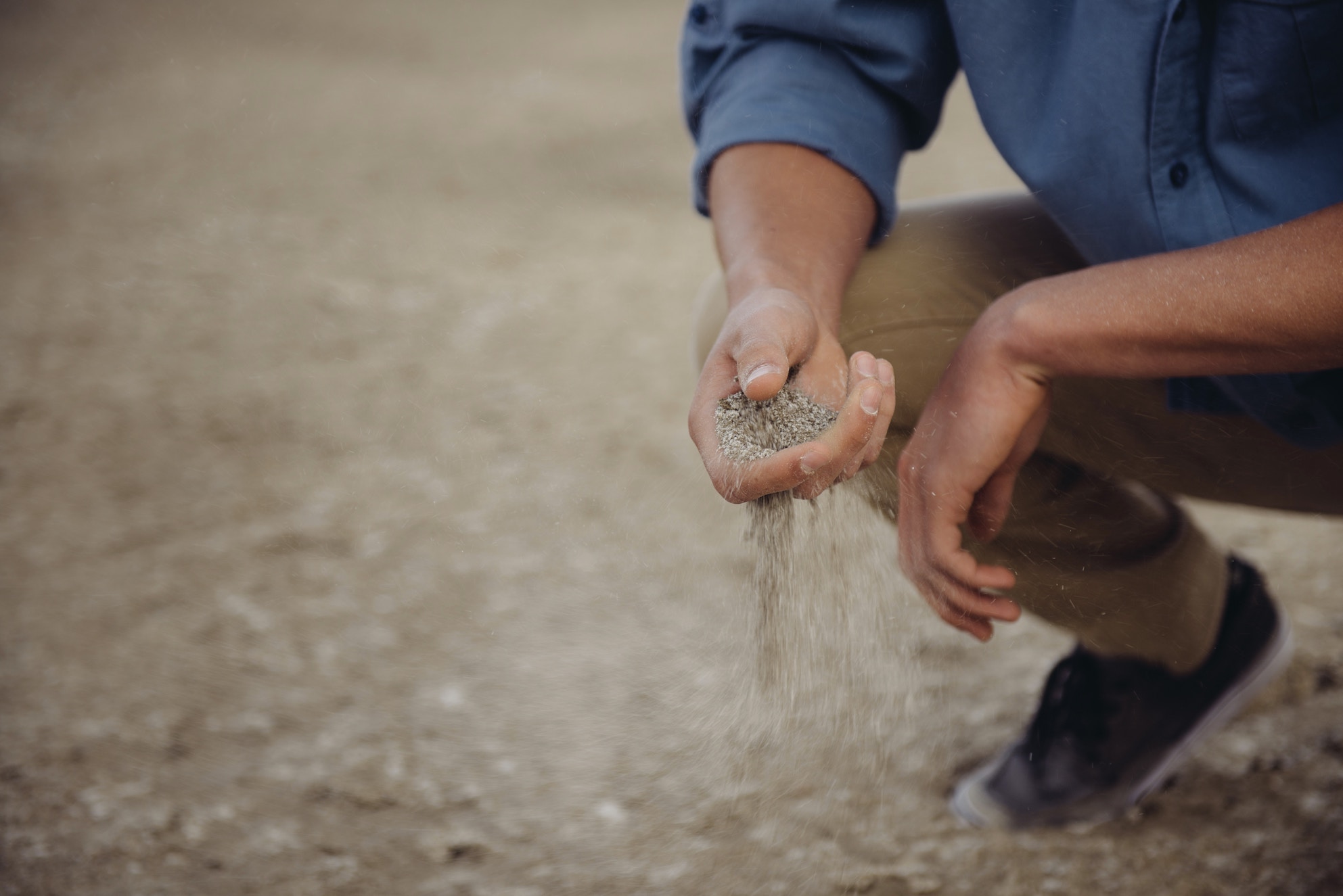
06 Mar Secret #9: SEAU Recap – Geotechnical Reports
Avoid getting into any problems by knowing these basics (adapted from the presentation by Ryan Cole, PhD, PE and Ryan Maw, PE, GE*) when using geotechnical data…
Communication is Key
The most important thing to remember for any project is communication. Communication can be written, spoken or drawn. It is more than just speaking, but it is listening as well. If communication is misinterpreted then it can lead to issues down the road. Using the information in a geotechnical report, it is important to understand and verify what is being stated. Any project requires multiple disciplines to work together in harmony to achieve the end result. This is what the NCSEA Advocacy Committee had to say:
“The interface between the building owner, structural engineer, and geotechnical engineer is very important from both a technical and liability perspective on practically any building project.”
Soil Data Collection
It is interesting that when data needs to be collected on site at a project, often times the first instinct is to send someone with an intern level of experience. Since their pay per hour is significantly less than a principal, it is more cost effective. Regardless of who is sent to collect data, they need to be qualified to do so. Especially when it comes to soil sampling, it is important that the samples are collected properly. A lot of things can affect the soil samples by how they are collected. This will then affect the data and analysis, potentially causing errors in the geotechnical report.
Similarly, it is important to keep in mind the type of samples and the types of tests performed on the samples can affect the results. The cost of a test may be more upfront, but if it allows for smaller footings then the savings may cover the costs. Communicating the cost and benefit of samples and tests required to the owner can help them make the best decision for their project.
Managing Geotechnical Risk
All engineers like equations, so here is an equation that shows the way that risk can be evaluated:
RISK = LIKELIHOOD + CONSEQUENCE
The amount of risk of a certain action will depend on the ‘likelihood’ and the ‘consequence’ of that action. When dealing with something as unpredictable as dirt, it is important to make good decisions that mitigate the risk and liabilities that you have. Here are a few ways to manage geotechnical risk:
- Collect good data since good analytics cannot replace good data
- Communicate risk early so that all parties are aware of the site history and risks ahead
- Get the geotechnical data and recommendations in writing before design/construction begins
- Document your understanding of the data if you are concerned with any of the data (memo, email, etc.)
- Communicate risk to the owner, contractor, and design team
- Be responsive when the contractor or the design team need help dealing with issues on site
- When in doubt about site conditions, send someone out to the site
- Also… communicate risk
As an engineer you have a lot of responsibility. The lives of others are in your hands and that should be your primary concern throughout design and construction.
If anything presents a risk to the project and the lives of others… COMMUNICATE IT.
Stay tuned for more SEAU recaps…
Subscribe to my newsletter to receive monthly notifications for new ‘Secrets for the Modern Engineer’. I will notify you of new posts on the website, as well as other updates to help you further your career.
Keep on keepin’ on.
Life’s a garden… Dig it!

If you have any additional topics or subtopics that you would like me to cover, please contact me at josh@thehipsterengineer.com
*This information is adapted from Ryan Cole and Ryan Maw’s presentation entitled ‘Interpretting and Understanding Geotechnical Reports’ given at the Structural Engineers Association of Utah (SEAU) Conference in Layton, Utah on February 21st, 2018. Ryan Cole, PhD, PE is a licensed Civil Engineer and the Founder and President of Gerhart Cole Inc. (www.GerhartCole.com). He was recently recognized by the American Society of Civil Engineers (ASCE) as the ‘Engineer of the Year’ and has led the Utah Geo-Institute since 2008. Ryan Maw, PE, GE is a licensed Civil and Geotechnical Engineer with extensive experience as a technical consultant and practitioner on projects. He has been heavily involved in ASCE since his undergraduate studies and continues to contribute to ASCE on a national level
I was not able to cover everything that was discussed, so I will may have to periodically come back and revisit these thoughts another day. In the meantime, the presentation can be found here: Geotechnical Reports Presentation


No Comments